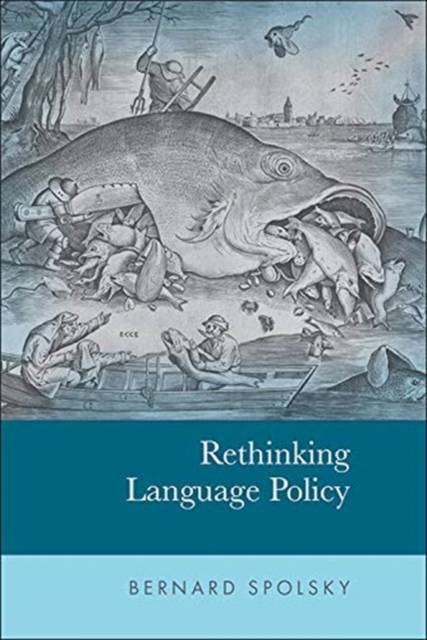
- Retrait gratuit dans votre magasin Club
- 7.000.000 titres dans notre catalogue
- Payer en toute sécurité
- Toujours un magasin près de chez vous
- Retrait gratuit dans votre magasin Club
- 7.000.000 titres dans notre catalogue
- Payer en toute sécurité
- Toujours un magasin près de chez vous
Description
Drawing on four decades of research, Bernard Spolsky presents an updated theory of language policy that starts with the individual speaker instead of the nation. In this book, he surveys the language practices, beliefs, and planning efforts of individuals, families, public and private institutions, local and national activists, advocates and managers, and nations. He examines the diversity of linguistic repertoires and the multiplicity of forces, linguistic and non-linguistic, which account for language shift and maintenance. By starting with the individual speaker and moving through the various levels and domains, Spolsky shows the many different policies with which a national government must compete and illustrates why national policy is so difficult. A definitive guide to the field, this is essential reading for policy makers, stakeholders, researchers, and students of language policy.
Spécifications
Parties prenantes
- Auteur(s) :
- Editeur:
Contenu
- Nombre de pages :
- 276
- Langue:
- Anglais
Caractéristiques
- EAN:
- 9781474485463
- Date de parution :
- 20-04-21
- Format:
- Livre relié
- Format numérique:
- Genaaid
- Dimensions :
- 156 mm x 234 mm
- Poids :
- 580 g







